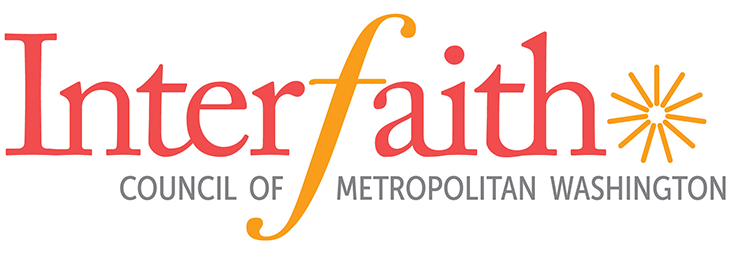We live in perilous times: it is increasingly evident that our societies, local, national and international, are being rent asunder. The corrosive forces of prejudice whether nationalistic, political, religious, economic, racial, ethnic, or gender- based are eating into the very fabric of our society. We face a stark choice: unite or self-destruct. The question that confounds us is how can we best set about bridging these growing chasms and weaving the fragmented pieces of our society back together in a unified whole? Fortunately, there is a hope in a simple yet effective answer: consultation.
Consultation, when conducted in a particular way by adhering to some cardinal principles, can be a practical expression of the principle of justice. This kind of consultation has the power to assist us in overcoming our differences, harmonizing our multifarious opinions, and healing our prejudices. It allows for a diversity of views to be heard and used as the basis for arriving at solutions rather than a spur to deepening conflict. In short, it is transformative! However, for consultation to be effective we must adhere to the following principles.
All participants in the consultative process must have as their shared purpose to investigate the truth, separate fact from fiction, and arrive at a solution that benefits the whole community rather than a privileged part. Their larger goal must be to broaden their understanding of “truth” far beyond the limited version of it that is shaped by the filters of their individual and group experiences, their values, histories, beliefs of who they are and how the world works. These filters become limiting beliefs and false assumptions and act as veils or clouds that limit their vision.
True consultation enhances our collective understanding and edifies us. It is akin to having several people look at a multi-faceted gem from different vantage points. The light reflected off each facet will produce a different color depending on the angle from which it is viewed. To some the gem may appear red, to others blue, green, or yellow. If the observers choose to argue over which of them is right about the color and seek to impose their view on others they would all be wrong and deprived of understanding. If, however, they grasped the opportunity to recognize the multi-faceted colors and beauty of the gem, their collective understanding would be enhanced.
For consultation to yield this kind of effect it must be conducted according to certain rules. All participants must be encouraged to express their views frankly, expressing what is truly in their hearts and on their minds without holding back. We often hold back because we fear someone else’s adverse reaction, thereby depriving the group of our insights and ideas. However, that frankness must be coupled with and tempered by respect, courtesy, care, moderation, kindness, humility, and beyond that, love for the other. This generally requires that the impulse behind our words come from a desire to arrive at the truth rather than from a place of anger, fear, prejudice, or a desire to dominate and control. In addition, it is equally important that those hearing the opinion of the other not be hurt or offended. While this can be challenging and require quite a bit of self-discipline the rewards are well worth the effort.
The magic happens when views frankly and lovingly expressed clash to bring about the spark of truth. It is key however, that we distinguish between the clash of opinions and the clash of egos. This brings us to another cardinal principle of true consultation: once an opinion is offered the speaker must detach their ego from that idea, which now belongs to the group rather than to the person who proposed it. This detachment allows all participants to consider the value of what has been said dispassionately and to use it as a means of brainstorming and spawning increasingly inspired and creative ideas. Such an approach prevents us from egotistically insisting on our opinions and seeking to foist them on others thereby creating space for mutually reinforcing inspiration and creativity to flow.
Imagine how transformative the application of this technique of consultation would be to our lives! It would enable us to transcend, harmonize and heal the many divisions that plague our city, our politics, our nation, and our world. It would help us build a better world as we set about applying it consistently to all our deliberations, decision-making processes, and quests for solutions to the seemingly intractable challenges of our times.
Starting today, let’s put it to work in all spheres of our lives: at home, at work, in our neighborhoods and faith communities, our political spaces, and governing institutions!
–By Sovaida Ma’ani Ewing
Sovaida Ma’ani Ewing is an author, speaker, international lawyer, life mastery coach, and founding director of The Center for Peace and Global Governance (cpgg.org). She also is an IFC board member.
